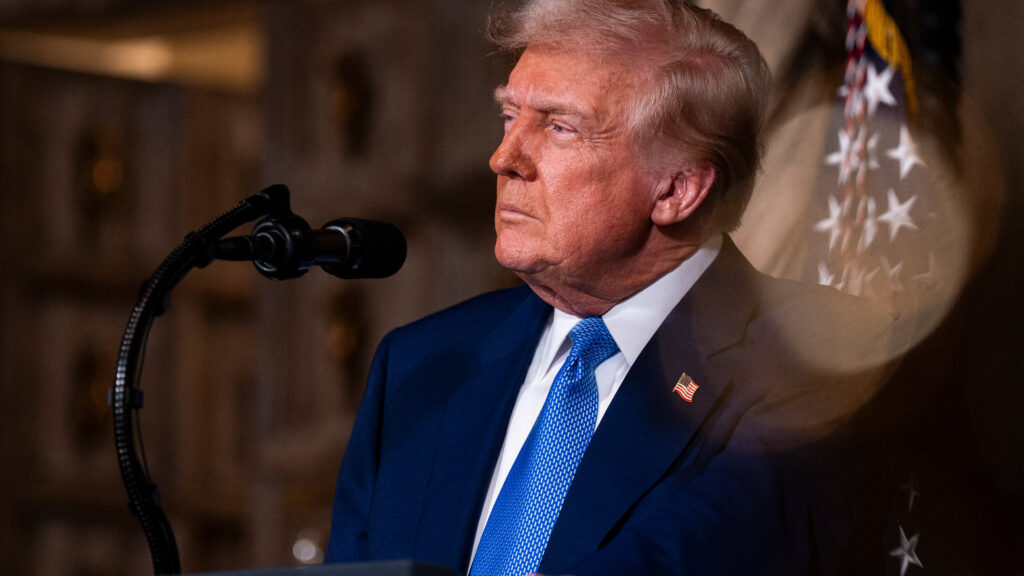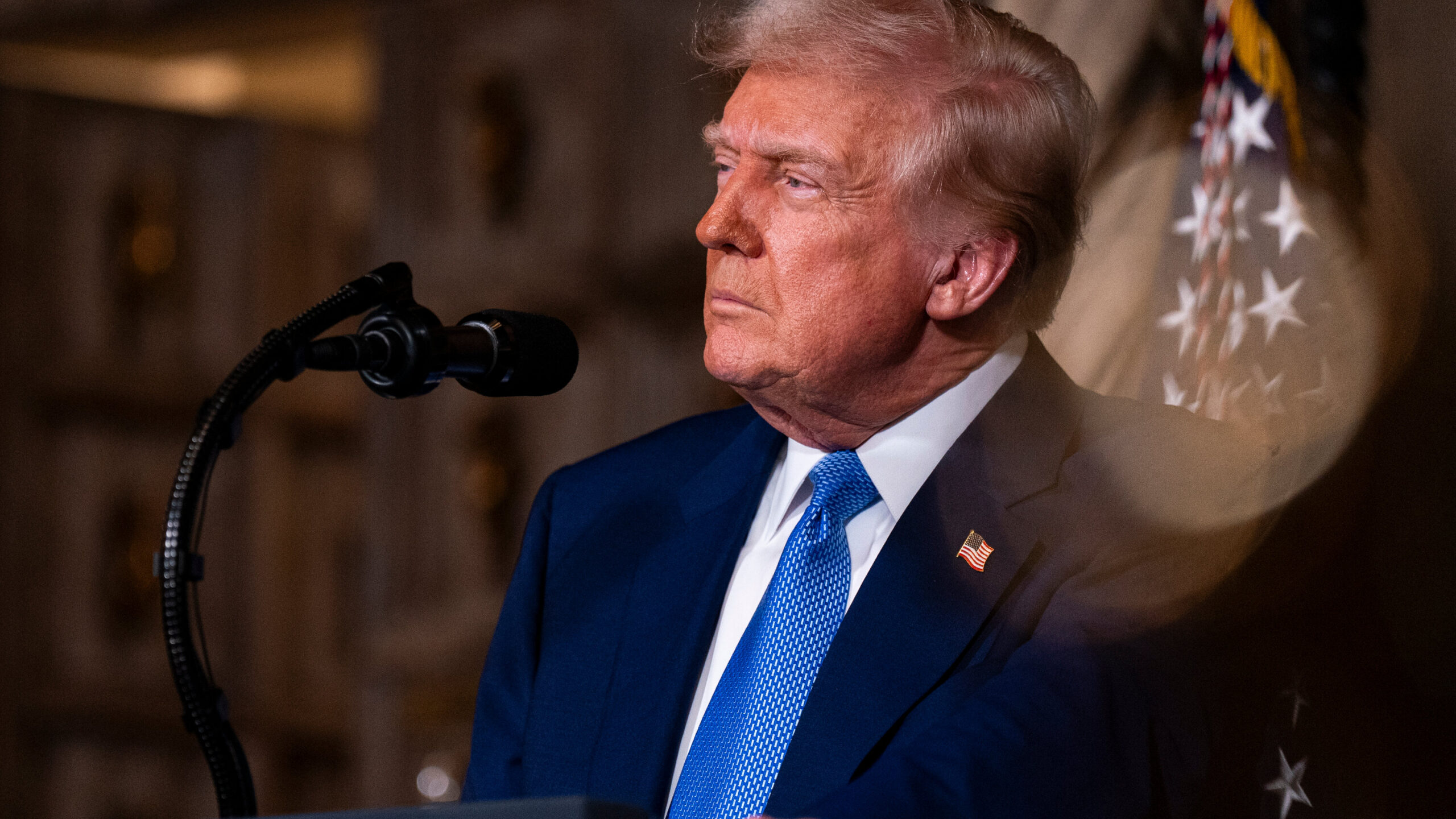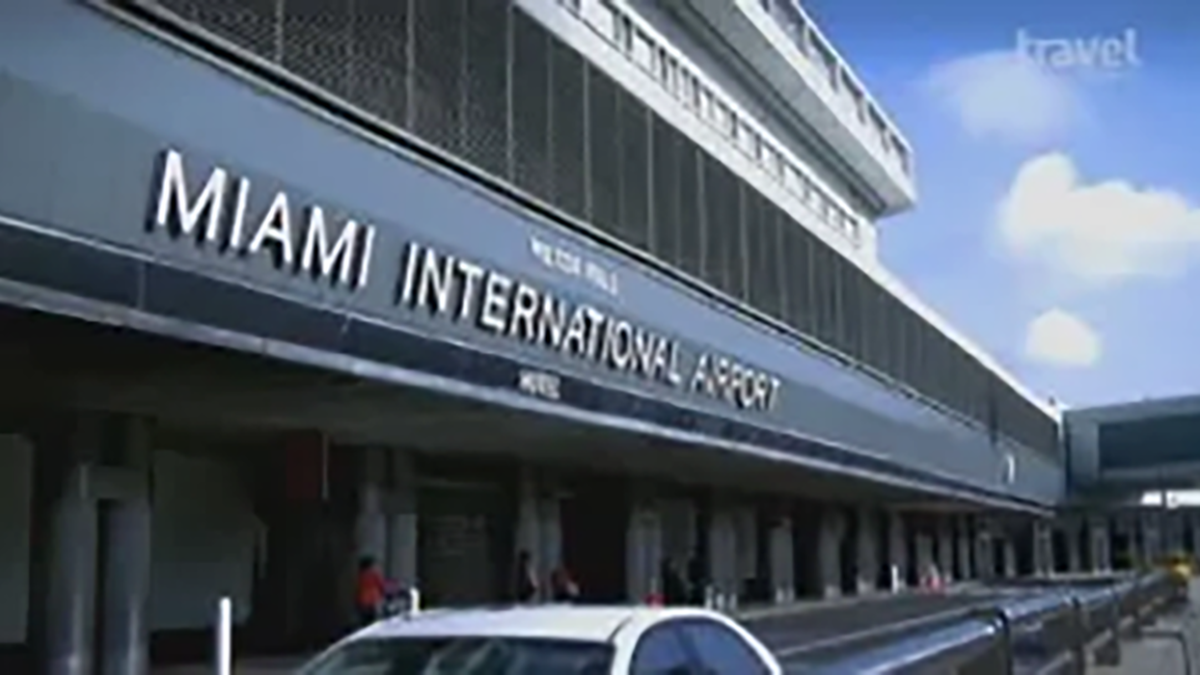In a bold move that has sent ripples through the transportation sector, President Donald Trump has ousted a key member of the U.S. Surface Transportation Board (STB), just as the agency prepares to weigh in on a monumental $85 billion rail merger between Union Pacific and Norfolk Southern. The firing of Robert Primus, a Democratic board member, on August 27, 2025, breaks a 2-2 partisan deadlock, potentially reshaping the board’s direction as it faces one of the largest railroad deals in history. This decision, part of a broader wave of federal agency purges, has sparked heated debate about the independence of regulatory bodies and the future of America’s freight rail network. Here’s a closer look at this dramatic development and its far-reaching implications.
A Sudden Termination Sparks Controversy

On a late Wednesday evening, Robert Primus, a seasoned member of the STB, received an email from the White House abruptly terminating his position. Appointed by Trump in 2020 during his first term, Primus had served as a Democratic voice on the five-member board, which was evenly split with two Republicans, two Democrats, and one vacancy. His dismissal, first reported by The Wall Street Journal, came without warning and has been met with sharp criticism. “This is deeply troubling and legally invalid,” Primus wrote in a LinkedIn post late that night, vowing to continue serving until physically blocked and hinting at potential legal action.
The White House defended the move, with spokesman Kush Desai stating, “Robert Primus did not align with the President’s America First agenda, and was terminated from his position by the White House.” Desai added that the administration intends to nominate “new, more qualified members” to the STB soon, though any replacements would require Senate confirmation. Primus’s removal, which leaves the board with only one Democratic member, has raised concerns about its ability to maintain impartiality as it tackles critical issues like the proposed rail merger.
A High-Stakes Rail Merger Looms
The timing of Primus’s firing is no coincidence. The STB, an independent agency tasked with regulating the nation’s railroads, is gearing up to review the proposed $85 billion merger between Union Pacific and Norfolk Southern, announced in July 2025. If approved, the deal would create a transcontinental rail network spanning 50,000 miles across 43 states and Washington, D.C., reshaping the freight industry. However, the merger has drawn fierce opposition from labor unions, including the Transport Workers Union of America, which warns of potential job cuts and reduced competition.
Primus, known for his skepticism of rail consolidations, was the lone STB member to oppose the 2023 Canadian Pacific-Kansas City Southern merger, citing concerns about its impact on competition. His removal could tilt the board’s balance toward approving the Union Pacific-Norfolk Southern deal, especially if Trump appoints two additional Republicans to fill the board’s vacancies. “The vacancy would allow Trump to appoint two additional Republicans to the board before its decision on the Union Pacific-Norfolk Southern merger though the Senate would have to confirm them,” industry analysts note, highlighting the political stakes at play.
A Pattern of Agency Overhauls
Primus’s firing is part of a broader pattern of Trump administration actions targeting federal agencies. In recent weeks, the administration has ousted top officials at the Equal Employment Opportunity Commission, the Centers for Disease Control and Prevention, the Federal Trade Commission, the Federal Reserve board of governors, and the National Transportation Safety Board, all of which are meant to operate independently. These moves have drawn criticism for undermining the autonomy of regulatory bodies, with critics arguing that Trump is prioritizing political loyalty over expertise.
The STB, already operating with one vacancy, now faces a leadership crisis. Primus, who was named board chairman by former President Joe Biden in 2024, had been replaced by Patrick Fuchs, a Trump appointee, earlier in 2025. “This follows Trump’s previous firings of board members at the National Transportation Safety Board, Federal Reserve, Equal Employment Opportunity Commission and Nuclear Regulatory Commission, which are all supposed to be independent agencies,” observers noted, pointing to a concerted effort to reshape federal oversight.
Primus’s Legacy and Defiant Response
Before his termination, Primus brought a unique perspective to the STB. A former Capitol Hill staffer for House Democrats, he was nominated in 2020 and began serving in 2021, earning a reputation for bipartisan collaboration. “I have worked tirelessly to build bipartisan trust and have demonstrated myself to be truly an independent board member that has consistently rendered fair and impartial decisions,” Primus said in his LinkedIn post. His dissent in the Canadian Pacific-Kansas City Southern merger underscored his commitment to protecting competition, a stance that may have put him at odds with the administration’s priorities.
Primus’s defiant response to his firing has added fuel to the controversy. Already removed from the STB’s website, he insists his termination is “legally invalid” and plans to continue serving until physically prevented. “This comes at a time when the Board is considering significant pressing matters of critical importance to both our national freight rail network and supply chain that would directly affect large swaths of our manufacturing, agricultural, industrial and energy sectors,” he wrote, emphasizing the stakes for industries reliant on rail transport.
What Lies Ahead for the STB and the Rail Industry
The fallout from Primus’s firing raises critical questions about the STB’s future and the rail merger’s fate. With only three members remaining, the board is stretched thin as it navigates complex regulatory challenges. The Union Pacific-Norfolk Southern merger, if approved, could streamline freight transport but risks consolidating market power, potentially harming smaller railroads and shippers. The STB’s review process, already underway since July 2025, will test the board’s ability to balance economic growth with competitive fairness.
For now, the transportation sector watches closely as Trump’s nominees await Senate scrutiny. The administration’s push to align agencies with its “America First” agenda could reshape rail policy for years to come, but critics warn that undermining the STB’s independence may erode trust in federal oversight. As Primus considers legal action and the merger looms, this shake-up underscores the delicate balance between political influence and the public interest in America’s vital infrastructure.





